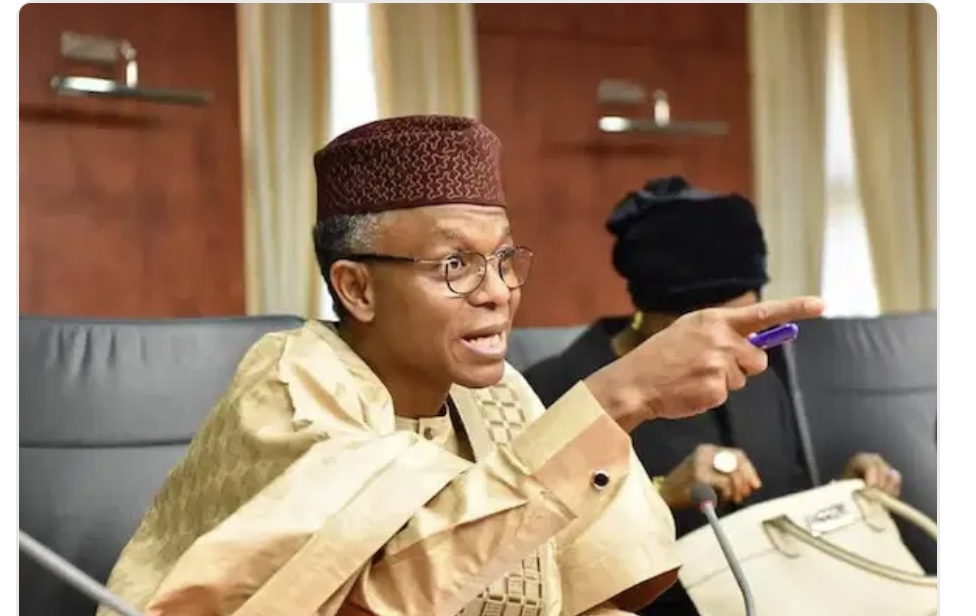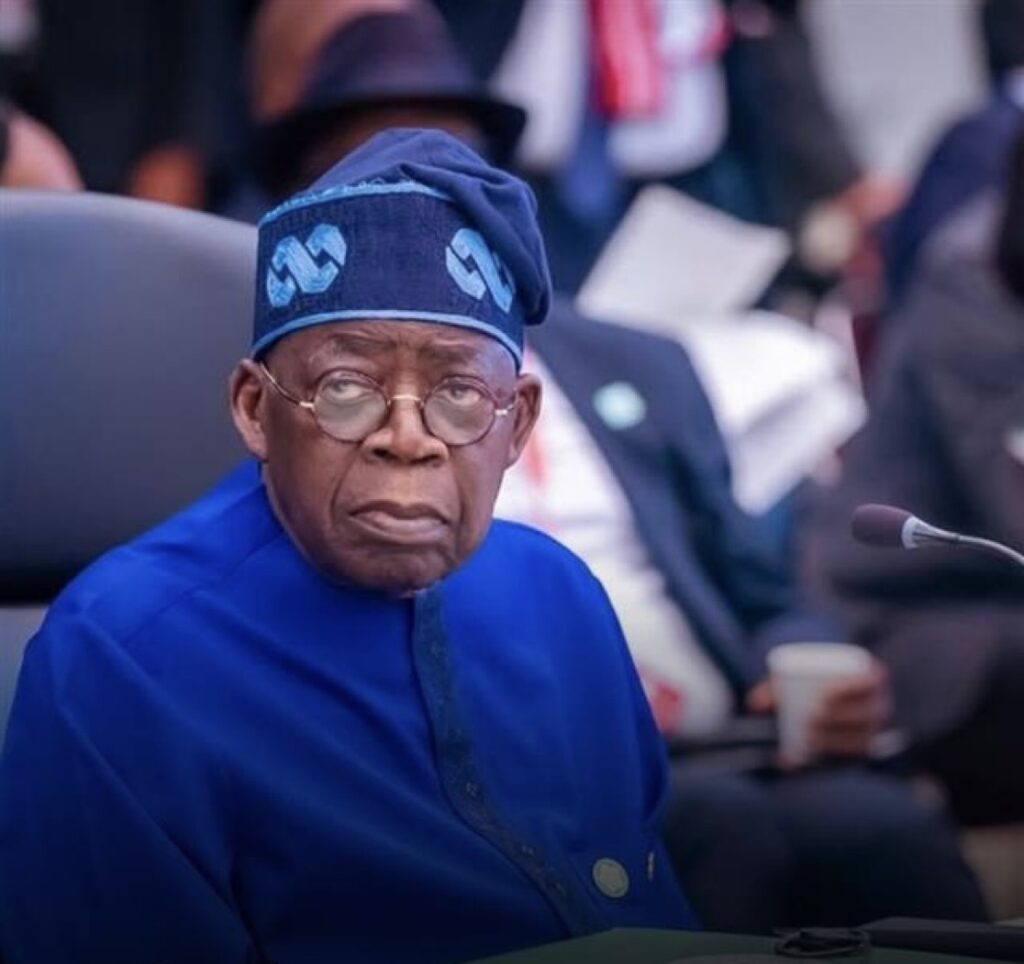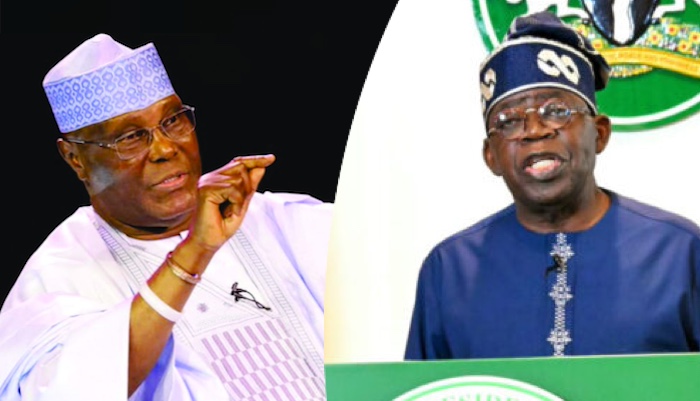Viral Video sparks Debate Over Treatment of Women by Onitsha Men
Viral Video sparks Debate Over Treatment of Women by Onitsha Men
A viral social media video has stirred intense debate after a woman alleged that most men born and raised in Onitsha, Anambra State, habitually disrespect and mistreat women.
In the video, which has garnered thousands of reactions across various platforms, the speaker claimed that about “90 percent of men born and raised in Onitsha” exhibit violent or abusive behavior toward their wives and women in general.
“Any man born and grow up in Onitsha no dey respect women. A very small thing, a kwama, a yakanti, and they will beat their wives,” she said passionately.
“They bully women very well, especially when they see you dressed in a way they don’t like. Some even go as far as harassing women in public,” she added.
According to her, the alleged behavior is particularly evident in and around Onitsha’s popular markets, where, she claimed, women are often spoken to harshly and disrespected by male traders.
While she acknowledged that many Onitsha men are hardworking and business-minded often praised for their resilience and entrepreneurial spirit she insisted that a cultural problem persists in how some of them treat women.
“I’m not saying Onitsha men are not doing well. They have the spirit of hustle, but when it comes to women, they need to learn respect,” she noted.
Her remarks have divided opinions online.
Some users supported her claims, citing personal experiences and urging men from the region to do better. Others, however, dismissed the allegations as an unfair generalization and a misrepresentation of Onitsha men.
A Facebook user wrote, “You can’t paint all Onitsha men with the same brush. There are good and respectful ones too.”
Another comment read, “She’s saying the truth. Go to Onitsha market, you’ll see how some men treat women like they are less human.”
Attempts to reach community leaders and social commentators in Onitsha for response were unsuccessful as of press time.
Gender rights advocates have also weighed in, urging that the conversation be used as an opportunity to address broader issues of gender-based violence and cultural attitudes toward women in Nigeria.







